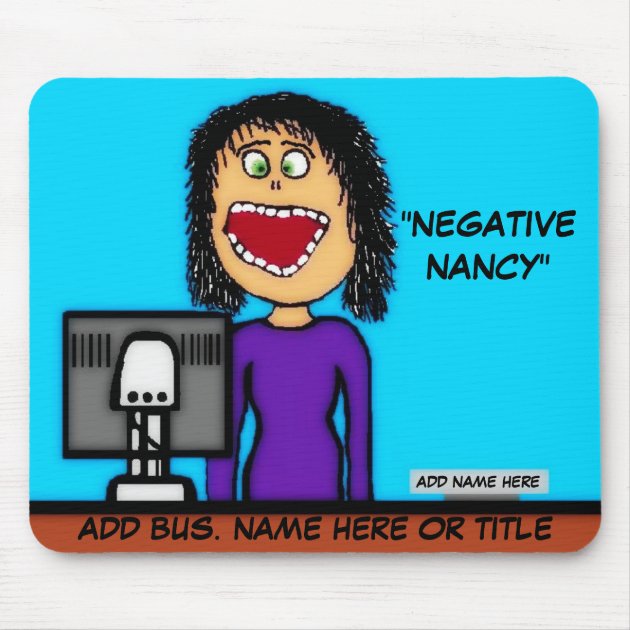

#Negative nancy math software
Software that facilitates teaching and learning theĬonjugation of Ancient Greek verbs at secondary school More specifically, Verb Train is educational


The application of the technical and computer environmentįeatures of the Verb Train software as well as some remarksĬoncerning pedagogical perspectives during its’ application Possible correlations with pedagogical considerations and This paper presents the results of a research concerning theĪpplication of educational software in classroom and its’

Based on all this information, the aim of the research is to examine the situation in which elements related to technology are included in science and mathematics textbooks (5th, 6th, 7th and 8th grades). The existence of situations that support technology literacy in textbooks is very important in achieving the goal of "technology literate individuals". There are different resources that enable the integration of technology in the learning environment. The fact that technology literacy has become one of the skills expected from today's individuals necessitated the integration of technology into the learning process (Et, 2021). Technology literacy, which is expressed as the ability to understand, use and evaluate technology, is one of these skills. In order for individuals to be lifelong learners, they need to experience situations that support different skill areas in teacher environments. This increase in knowledge requires individuals to be lifelong learners who can manage and make sense of information and solve complex problems in the flow of life (Drake and Reid, 2018). Together, these findings underscore the importance of fostering young children’s positive emotions toward math in addition to providing them with a strong cognitive foundation for math learning.At the present time, it is possible to observe the existence of a continuous increase in knowledge in every field. In support of this hypothesis, early math anxiety more closely related to the 0–100 number line task in 1st graders but to the 0–1000 number line task in 3rd graders, suggesting that math anxiety most strongly relates to math skills that are at the cusp of children’s understanding at particular grade levels. Additionally, we examined whether there are age differences in the relation of first-grade math anxiety to number line estimation at various scales in order to test the hypothesis that the negative effect of early math anxiety on math performance depends on task difficulty. This finding suggests that math anxiety contributes to future math learning over and above an important foundational math skill. We found that 1st graders’ math anxiety predicts their math achievement in 1st through 3rd grade, controlling for their number line estimation at the beginning of 1st grade. We sought to address this issue by examining whether math anxiety predicts future math achievement, controlling for number line estimation, a foundational math skill that predicts future math achievement. An important question is whether math anxiety predicts math achievement over and above foundational math skills. While some researchers have suggested that math anxiety may stem from poor math ability, others have argued that math anxiety occurs at all levels of math ability. Math anxiety negatively predicts young children’s math achievement.


 0 kommentar(er)
0 kommentar(er)
